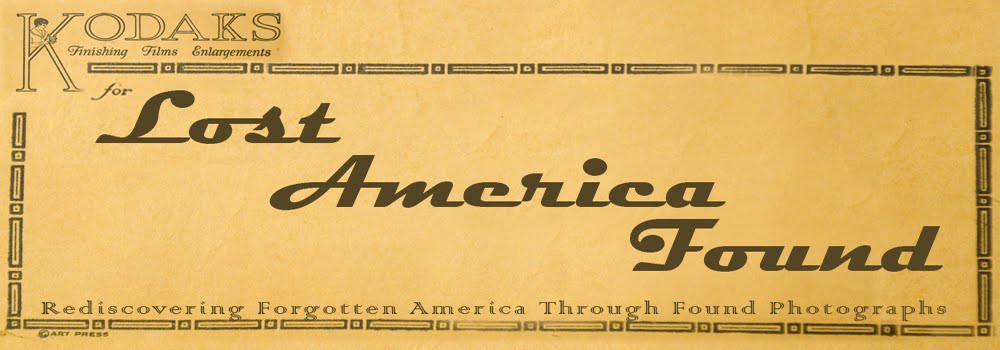One frequent customer for itinerant photographers in the late 1800s and early 1900s were the proprietors of merchantiles, who were justifiably proud of their stores, and would pay a small price to have a portrait taken of their establishment. Such is the case with this unknown dry goods store.


In examining the details of this photo, only one brand name can be distinguished, "Sabo Blend". This was a coffee blend marketed by Woolson Spice Company (who also had made the Lion Coffee brand famous), and their label for this blend was first registered with the US Patents and Trademarks Office on May 22, 1906, so our photo had to be taken at some point after that. In the 1890s, Woolson was the second largest coffee company in the world, have grown rapidly as a result of their revolutionary methods of roasting, grinding and most importantly, marketing coffee to the average consumer. But a bitter battle corporate battle ruined Woolson. The producers of rival coffee brand Ariosa, the Arbuckle brothers, coated their coffee beans with sugar to retard spoilage, and as a result bought a lot of sugar. To save costs, they decided to develop their own in-house sugar-producing concern, which angered the stiffed sugar producers. In retaliation, a coalition of these sugar producers bought out Woolson and lowered the price of coffee to try to ruin the Arbuckles. Their scheme failed to achieve its desired results, and they sold Woolson to an investor for a song, and the new owner (before he died) ended up siphoning off millions. Around 1919, the Woolson company was in financial ruin and ceased operations, giving an upper date to when this photo could have been taken.
 |
| Presumably the chap on the left is the store's proprietor. |















